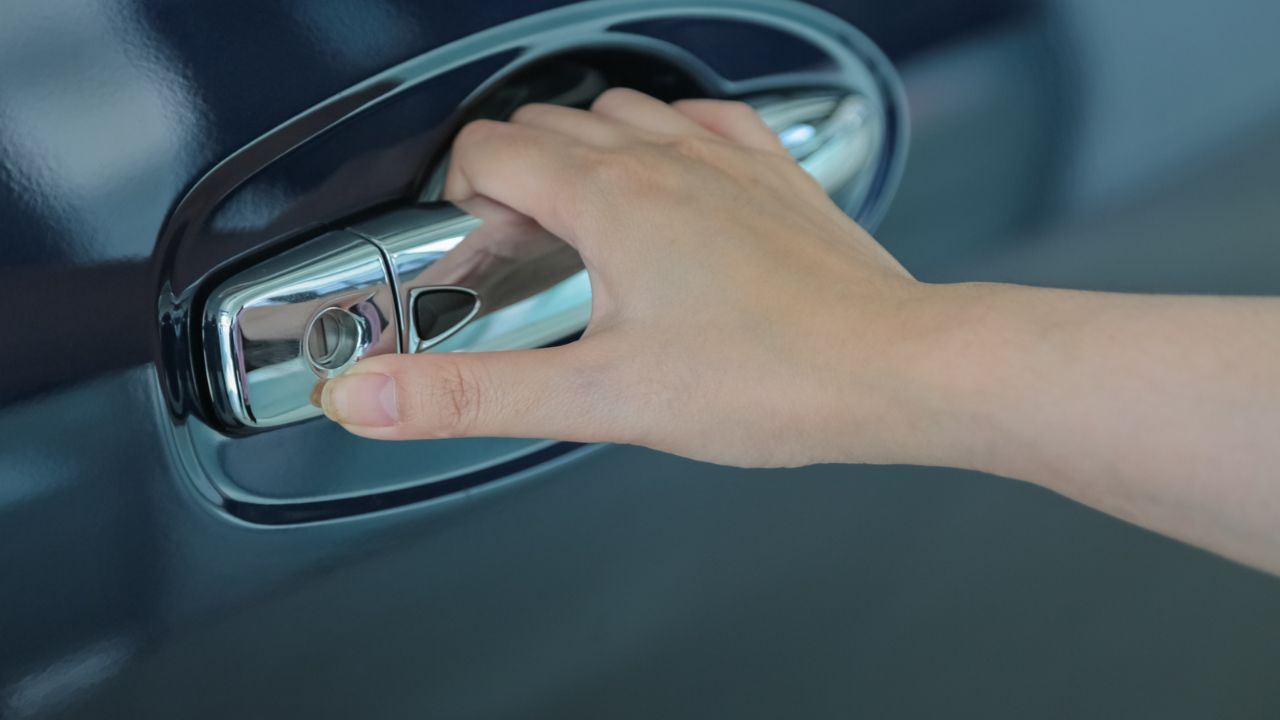15 Compelling Reasons to Steer Clear of Dealerships for Used Cars

Buying a used car can be a smart financial decision, but where you choose to purchase it can make a big difference in your overall experience and satisfaction. While dealerships might seem like the go-to option for many, there are several compelling reasons to steer clear of them when shopping for a used car. Understanding these reasons can help you make a more informed choice and potentially save you money and hassle.
1. High Markups

Dealerships are notorious for adding significant markups to the price of used cars. This is because they need to cover their operational costs, including sales commissions, advertising, and maintaining the showroom. Buyers often end up paying far more than the car’s actual market value. Instead of getting a good deal, customers are left with an overpriced vehicle that might depreciate quickly.
2. Pressure Tactics

Salespeople at dealerships are trained to close deals quickly and efficiently, often using high-pressure tactics. This can make the car buying experience stressful and uncomfortable for many people. Shoppers might feel rushed into making a decision before they have had time to consider all their options. The pressure can lead to hasty decisions and buyer’s remorse.
3. Limited Negotiation Room

Dealerships often have a set price they are unwilling to deviate from, leaving little room for negotiation. Unlike private sellers who may be more flexible, dealerships tend to stick to their listed prices. This inflexibility can make it challenging for buyers to get a good deal or feel satisfied with their purchase. The lack of bargaining power can be frustrating and off-putting.
4. Hidden Fees

Dealerships frequently add hidden fees to the final purchase price, such as documentation fees, dealer preparation fees, and other miscellaneous charges. These fees can add up quickly, significantly increasing the total cost of the vehicle. Buyers often don’t realize these additional costs until they’re finalizing the paperwork, leading to unpleasant surprises. The transparency in pricing is often lacking, making it hard to budget accurately.
5. Questionable Vehicle History

While dealerships claim to thoroughly inspect and certify their used cars, this is not always the case. Some dealerships may try to sell cars with hidden issues or unclear histories. Even with a Carfax report, there might be undisclosed problems that could surface later. Trusting the vehicle’s condition based solely on the dealership’s word can be risky.
6. Less Personalized Service

At dealerships, the car buying process can feel impersonal and transactional. Salespeople are often juggling multiple clients at once and may not provide the personalized attention and service that private sellers can offer. This lack of personal connection can make the experience less enjoyable and more stressful. Buyers might feel like just another number rather than a valued customer.
7. Limited Selection

Dealerships have a limited inventory, which means buyers might not find the exact make, model, or features they are looking for. This restriction can lead to compromises on important aspects such as the car’s color, mileage, or condition. Buyers may end up settling for a car that doesn’t fully meet their needs or preferences. Shopping around at multiple dealerships can be time-consuming and frustrating.
8. Salesperson Motivation

The primary motivation for dealership salespeople is often to maximize their commission rather than to ensure customer satisfaction. This can lead to biased advice and recommendations that are not in the buyer’s best interest. Instead of providing genuine help, salespeople might push for the sale of higher-priced vehicles or unnecessary add-ons. This conflict of interest can undermine the trust between the buyer and the seller.
9. Complex Financing Options

Dealerships often promote their financing options, which can be more expensive than securing a loan from a bank or credit union. The interest rates offered by dealerships are frequently higher, and the terms can be less favorable. Additionally, buyers might feel pressured to use the dealership’s financing to speed up the buying process. Exploring independent financing options can often result in better rates and terms.
10. Aggressive Upselling

Dealerships are known for their aggressive upselling tactics, pushing additional products like extended warranties, gap insurance, and service plans. While some of these products might be beneficial, others can be unnecessary and overpriced. The constant upselling can be overwhelming and add significant cost to the purchase. Buyers need to be vigilant and discerning about what additional products they truly need.
11. Inconsistent Quality

The quality of used cars at dealerships can vary widely, even among certified pre-owned vehicles. Some cars might be in excellent condition, while others could have underlying issues that are not immediately apparent. The inconsistency in quality means buyers need to be extra cautious and perform their due diligence before making a purchase. Relying solely on the dealership’s certification can be misleading.
12. Time-Consuming Process

Buying a car from a dealership often involves a lengthy process, including browsing the inventory, negotiating the price, and completing the paperwork. This can take several hours or even multiple visits, making it a time-consuming ordeal. For busy individuals, this extended process can be a significant inconvenience. Private sellers, on the other hand, might offer a more streamlined and quicker transaction.
13. Lower Trade-In Offers

Dealerships typically offer lower trade-in values for used cars compared to selling privately. They aim to buy low and sell high, maximizing their profit margins. As a result, customers might not get the best value for their old vehicle. Selling a car privately can often yield a higher return, making it a more attractive option for those looking to maximize their budget for a new purchase.
14. Potential for Misleading Information

There is always a risk of being provided with misleading information about the car’s history, condition, or market value at dealerships. Salespeople might downplay any negatives and focus on the positives to close the sale. This lack of transparency can lead to an ill-informed purchase decision. Buyers must conduct independent research and obtain a second opinion to avoid being misled.
15. Customer Service After the Sale

Once the sale is complete, the level of customer service at dealerships can decline significantly. Buyers might find it difficult to get issues resolved or to receive satisfactory support post-purchase. This lack of ongoing customer care can be frustrating, especially if problems with the vehicle arise shortly after the purchase. Private sellers might offer more honest and straightforward post-sale interactions.
How Financial Freedom is Possible on Almost Any Income

How Financial Freedom is Possible on Almost Any Income
50 Super Simple Side Hustle Ideas

50 Super Simple Side Hustle Ideas (& How to Make Them Work)
Source: Yahoo Finance.





